share
Creating your Wedding Budget | Tips from the Pros
Your wedding day – You‘ve been dreaming about this day for years and it’s finally happening. You’ve clipped pictures from magazines, have thousands of pins saved on Pinterest, stalked every wedding influencer on TikTok and can’t wait to start the planning process. You’ve likely thought about the music, food, your gown, the decor, and so much more.
And if you haven’t already, you’ll likely soon have a conversation with your partner and family about the B word …. BUDGET. Your wedding day is probably the largest and most elaborate event you have planned to date. There can be a tremendous amount of details and vendors to put together to make this one day happen, and the reality is, it all has to cost something and can add up very quickly. It’s important to set a realistic budget before you start committing to details to ensure you’re comfortable later down the line. (Because no one wants to end up with HALF of their wedding vision due to insufficient planning and prioritizing. And also no one wants to end up blind-sided and “wedding broke”.)
Budget planning is one of the very first tasks we tackle with our wedding planning couples. It’s not necessarily the “most fun”, but it IS necessary. Don’t skip this part of the process because your planning and allotted funds may become crossed up before you do get to the incorporation of “fun” items for your wedding day.
We’ve put together a few of our pro tips for creating your wedding budget and a few bonus tips for managing it throughout the planning process.
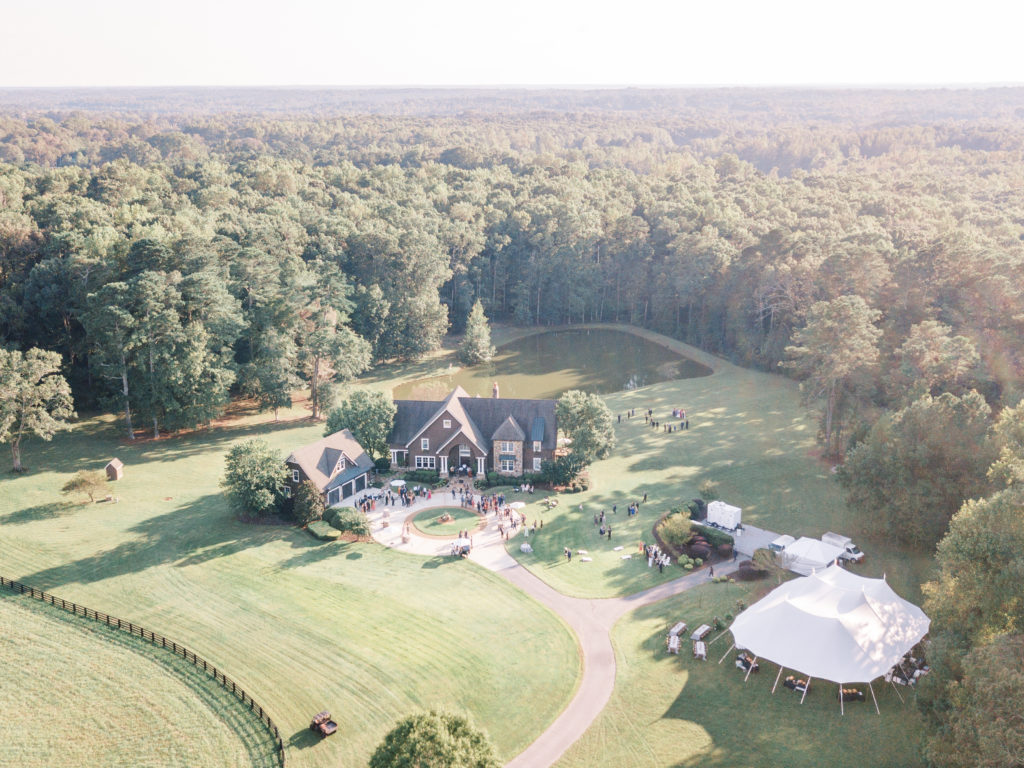
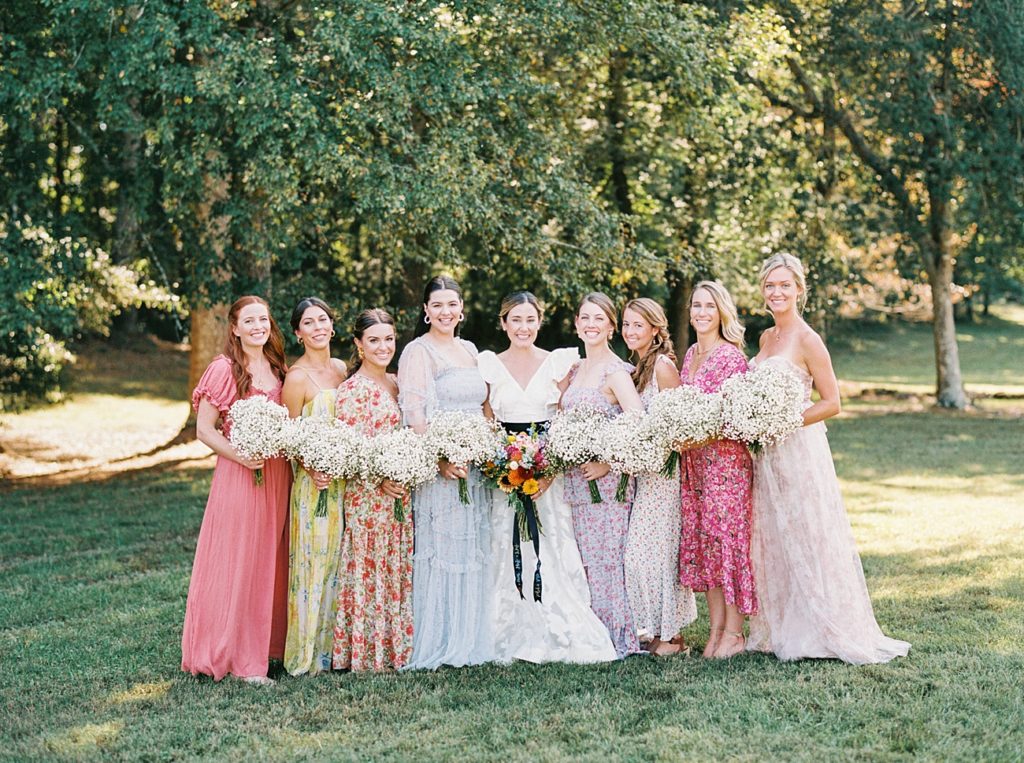
- Discuss priorities for the wedding with your fiance.
Before any budget planning takes place, grab a glass of wine and have this conversation with your partner and anyone else contributing to your big day. See if you can narrow down and agree upon your TOP THREE priorities for your wedding (and any non-negotiables). Some things we hear a lot: Great food, great music, guest experience, a meaningful ceremony service, outstanding photography, fun personalizations. If “enjoying your engagement” or “feeling less stressed while planning” hits your top priority list, your best investment would be hiring a wedding planner before you get any further along.
Knowing your priorities and any non-negotiables can help you better distribute your budget knowing you may want to spend a little more in specific areas. - Figure out who is paying for what.
As tradition has it, typically one partner is “responsible” for paying a majority of the wedding expenses, while the other partner may pay for things like the bouquet, the officiant, the rehearsal dinner, and the marriage license. Discuss with all parties financially involved what this looks like and what you are including in your overall wedding budget. Once this is determined, it will be easier to prioritize spending for each category. - Work backwards from your overall budget number.
If you know the overall total that you are trying to stick to, it is easier to then break it up based on market averages and percentages. For instance, did you know that you can expect to roughly spend 50-55% of your total budget on food & beverage/venue? - Understand this: Guest count drives budget.
I repeat, your guest count drives your budget. Another way that we like to build budget is based on a per guest cost factor. In our market area, for an inclusive wedding comprised of professional vendors with a limited/no alcohol package and DJ’ed music, you should plan to spend an average of $300-350 per guest. If you want a bar with liquor options and a full party band, you should expect to spend $400-450 per guest (these are just market averages without any luxury designs or enhancements factored in). If these totals get in a range you are uncomfortable with, then it’s worth having the conversation about where your guest list can be whittled.
You need to have a general idea of how many guests will be attending your wedding because nearly every category of spending hinges on that number. (for example, 50 more guests than we anticipated are attending? That means 6 more tables, 6 more linens, 6 more centerpieces, 50 more alcohol packages, and 50 more on the food headcount, etc.).
At LLC Events, we LOVE a large guest count wedding. We thrive in them actually. But we will be the first ones to tell our client to keep in mind that as their guest count rises, so does your spending. And sometimes, it may mean sacrificing some of the extra and above average details that you initially wanted in order to stay within your budget range. - Revisit your budget outline regularly.
Your wedding budget can’t be treated as a “set it, and forget it” document. Visit is regularly and be willing to have flexibility on the numbers. Use it as a guide to try to hit close to your targets so you don’t have to sacrifice large amounts on the last things you finalize. Sometimes as you interview and talk with different vendors and creatives, your priorities may change and thus these numbers may need to be adjusted as well. - Leave cushion for design.
The details do matter. And personalizations do make an impression on your guests at the wedding. Know that these service enhancements come with a price tag, but make room for them so that you don’t have to cut all the customizations you’ve been dreaming about for so long.
- Track your vendor payments/balances in a spreadsheet with due dates.
Organization is key when wedding planning and thus, keeping up with vendor payment schedules is an important task. Keep all of your vendor payment, due dates, and any special notes (like if the band requires a cashiers check versus a personal check) in one spreadsheet. That way, you can reference it for making payments when needed instead of having to pull out each vendor contract and find the information.
For our clients, we have a combined spreadsheet version of their itemized budget planning document and a vendor payment tracking list. It seems helpful to have all of that information in one place.
Are you curious about what budget planning looks like for our clients? Just shoot us a message here, and we’ll be happy to give you a glance at our budget planning document and details on how we can assist you with that process through a simple, one-time budget planning session.
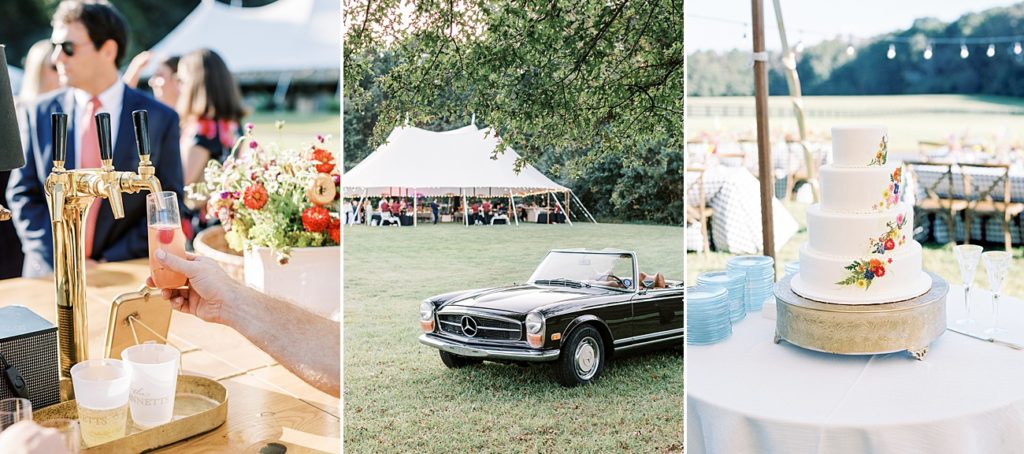
Photo Credit: Jessica Gold Photography
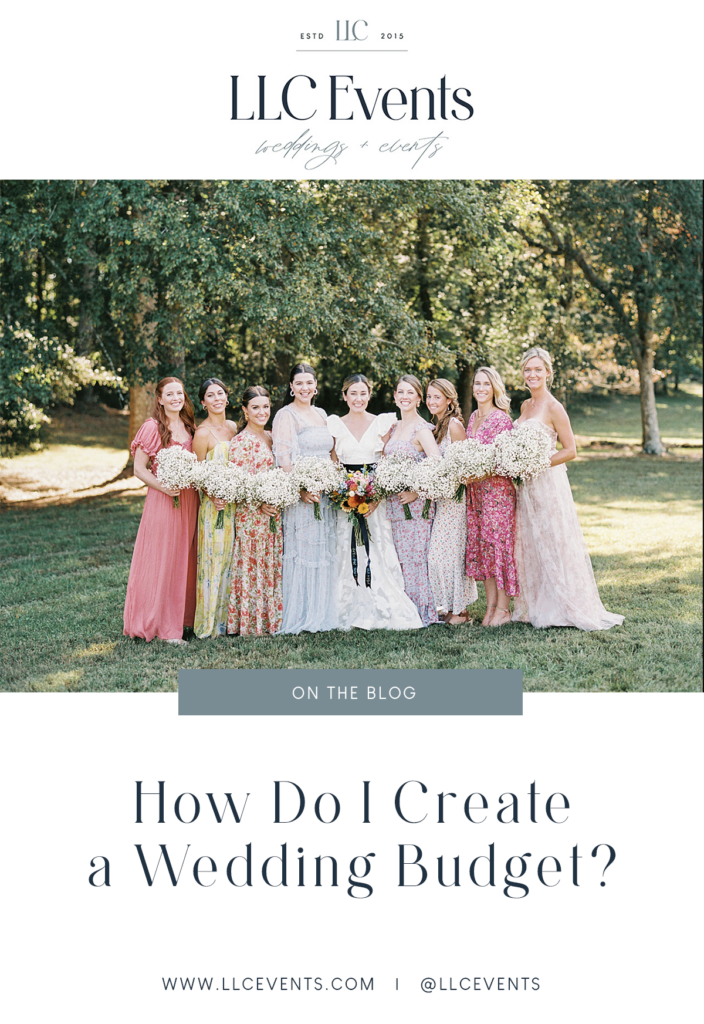
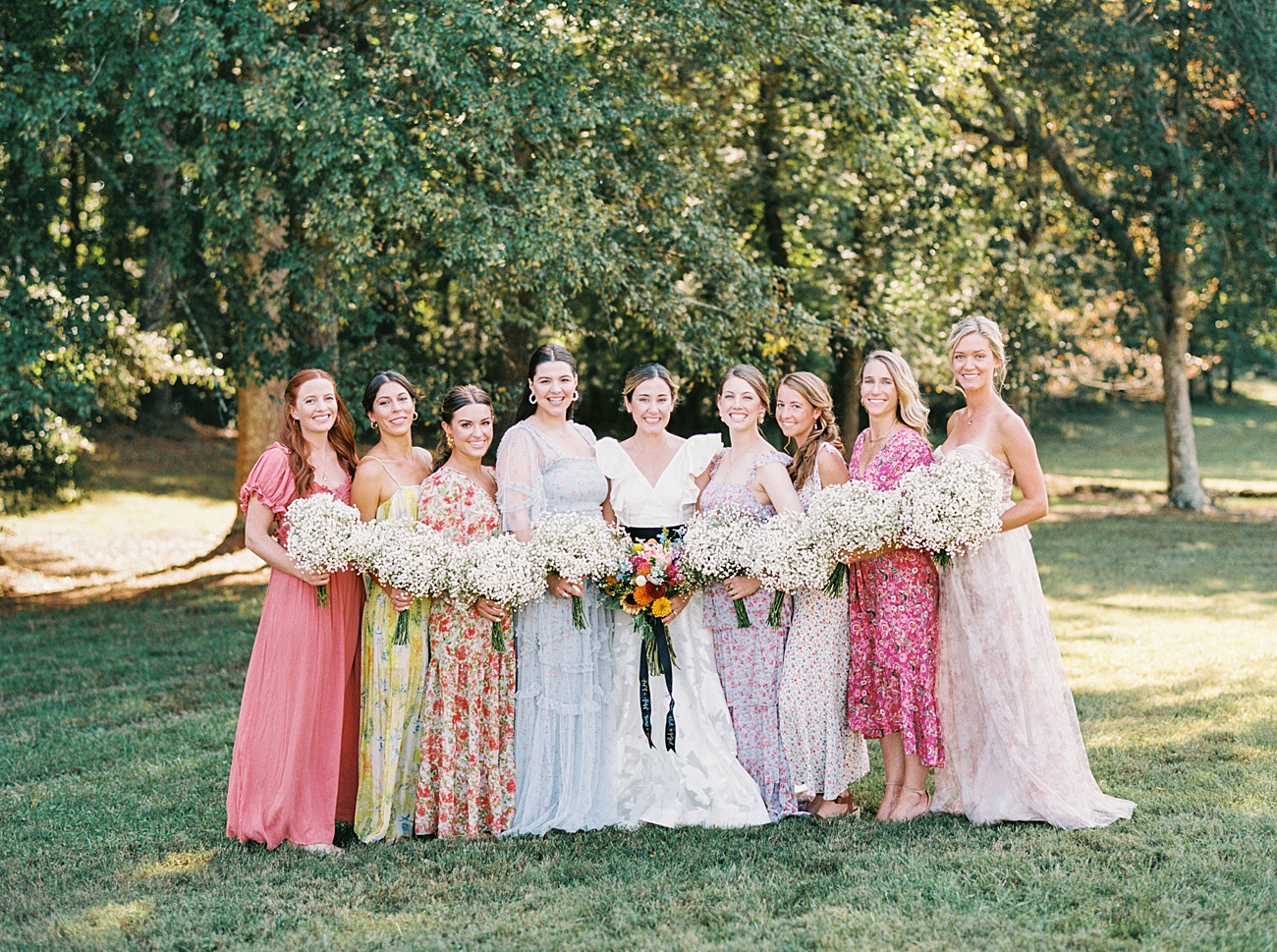
How do I create a wedding budget?
xo, llc